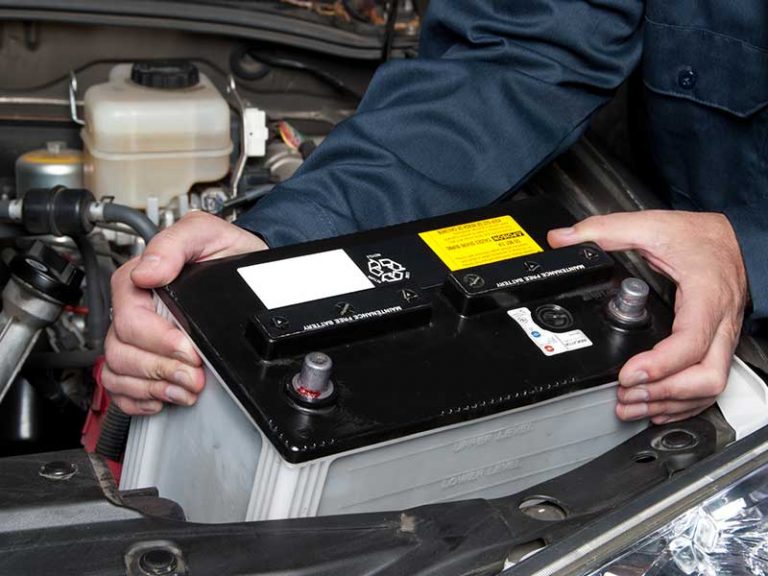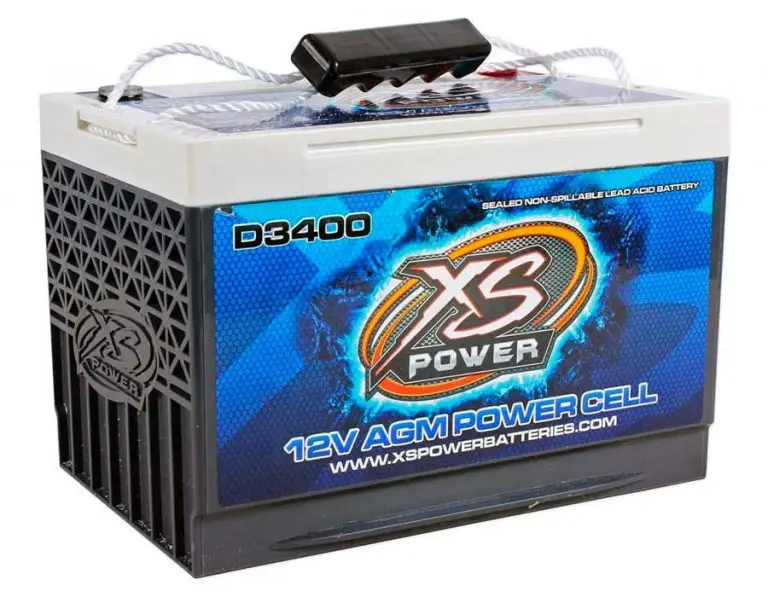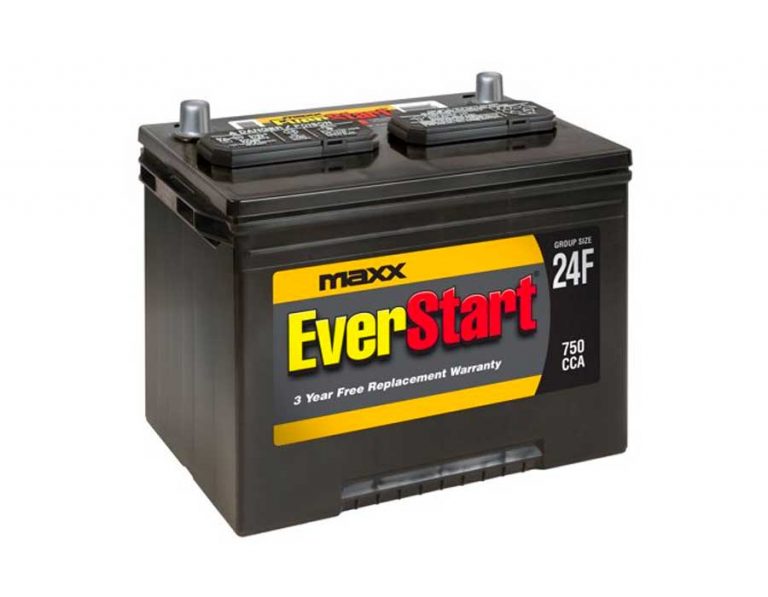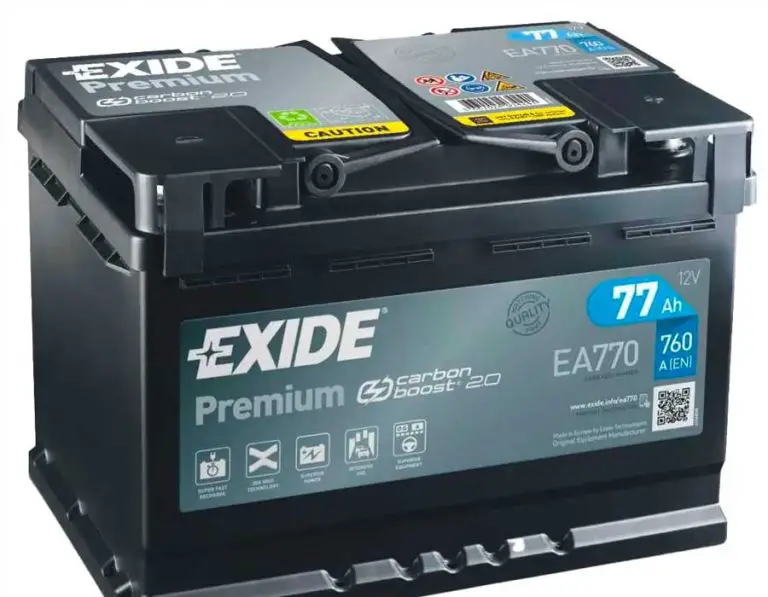Honda CR-V Won’t Start: Causes and Fixes
Have you ever woken up in the morning to go to work but only to experience your Honda CR-V refusing to start? Or did your vehicle suddenly stop working in the middle of the road, and starting it again seemed impossible?
Honda is a great company when it comes to cars. It produces reliable vehicles that generate high-quality performance and offer excellent value. But regardless of a car’s incredible engine or battery, it is a machine after all and is prone to breakdown.
The same is the case with Honda CR-V. It isn’t prone to damage, and there are many causes that can make it stop. In this article, let’s explore why your Honda-CR-V won’t start and the solution to these problems.
Reasons Your Honda CR-V Won’t Start
Nothing is more frustrating when you have an important meeting to attend, but your Honda-CR-V fails to accommodate and start. Likewise, your car may refuse to start due to lower temperatures if the weather is too cold. However, this problem may sometimes arise due to a few faulty components.
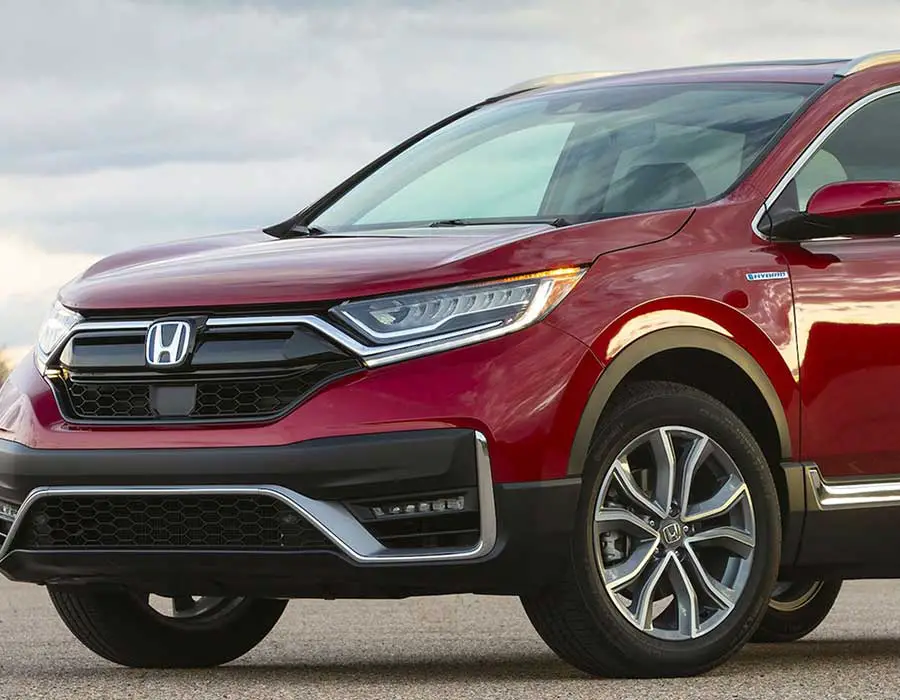
Below we have listed some of the main reasons behind this issue. Read this section and help yourself, especially if you lack mechanical knowledge.
Your Car Has a Dead or Defective Battery
Starting a Honda CR-V with a dead or drained battery is hard. If you try to turn the car on but the engine doesn’t start, the chances are that your battery is entirely off.
You can recognize a dead battery through various signs. For instance, if your car fails to crank, that’s because your car’s motor isn’t receiving enough power, either because of a dead or faulty battery. Moreover, a dead battery won’t illuminate your headlights or turn on the radio.
Unfortunately, Honda CR-V often experiences battery issues during colder months. That’s because, during winter, the car consumes a lot of heating, draining the battery juices faster than usual.
To avoid this problem, you mustn’t activate your car’s electrical components until your vehicle has started to run. Also, ensure to switch off all the electrical components of your car during nighttime.
It Doesn’t Have Enough Fuel
Your Honda CR-V won’t start unless its fuel supply is sufficient. This is one of the most apparent reasons for a vehicle not starting, but many people fail to check the fuel and move on to other reasons.
Although almost all cars have indicators showing fuel levels, many people ignore them. However, at times the fuel gauge is faulty and fails to show you the correct status of your fuel level. In that case, make sure you send your car to a mechanic or check the tank manually.
A Clogged Filter May Stop Your Car From Starting
Do you change or clean your car’s fuel filter every 20,000 miles? If not, it might be why your car may not be cleaned enough to work correctly.
If your filter is clogged, you may experience many signs. For instance, you might hear continuous sputtering when driving, or your car may refuse to run smoothly on a hill. So, before it stops working, make sure you get the filter cleaned or replaced.
Your Honda CR-V May Have a Failed Alternator
Even if your car fails to start after getting the battery sorted and filling the fuel gauge, you might want to check its alternator. This component provides current to the different parts of your car while you drive it on the road.
An alternator works with the battery and the starter to keep your vehicle moving, and when it is faulty, you may struggle with your car. Many signs may indicate you have a failed alternator. For example, you may hear an unusual growling or clicking sound when trying to start the vehicle.
Your Car’s Starter Is Defective
Honda CR-V may also have a defective starter, making it impossible for you to start the car. For example, a starter motor, but if it’s drained, broken, or has a defect, it might be impossible to do that. As a result, your car may suffer.
If you can hear continuous clacking sounds when starting your car, know that smoothing is going on with your starter. You can also detect the problem by observing your engine’s response every time you try to turn on the car.
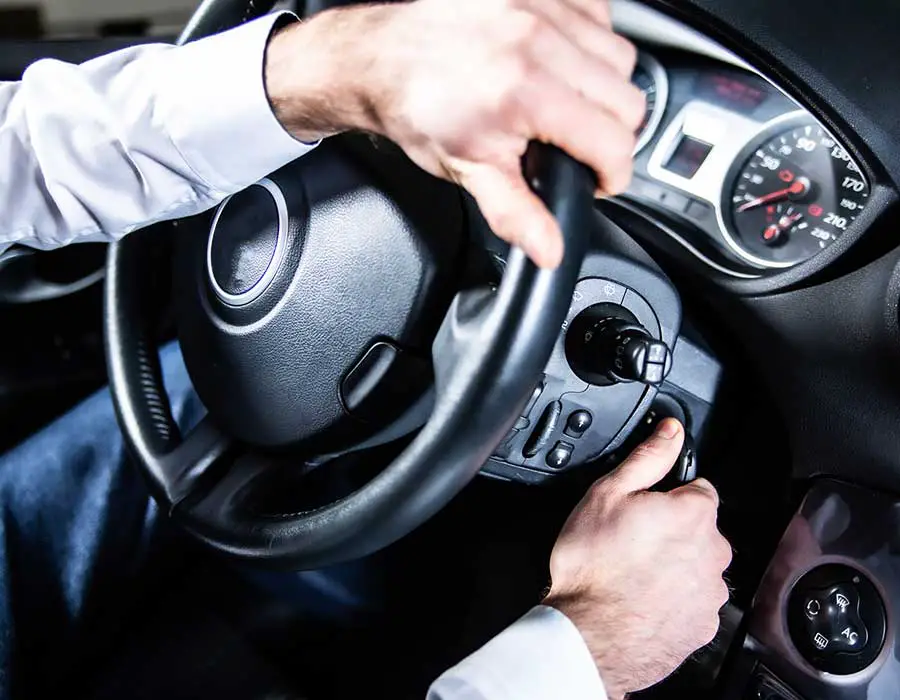
Honda CR-V With a Failed Ignition Switch
If you have tested all the above components and feel they are excellent, you may want to investigate your car’s ignition switch next. Unfortunately, a failed ignition switch is also one of the primary reasons most cars fail to start.
There are a few significant signs that show the presence of a failed ignition switch. For instance, a faulty switch may unnecessarily lead to the lights on your dashboard flickering.
Moreover, you may experience your A/C system working poorly than before. In some cases, the system may not start at all.
The above reasons are pretty common, and most people face them daily. While the Honda CR-V is a top-quality car, it still is a machine at the end of the day, and its engine can experience problems now and then.
But thankfully, there are solutions or fixes to every issue mentioned above. So below, let’s see how you can overcome the above problems so that your vehicle doesn’t disappoint you anymore.
Fixes Available for Your Honda CR-V Issues
Here are some ways in which you can fix the problems.
- If you think that your car doesn’t have enough fuel, go to the nearest fuel station and get it filled. For a faulty fuel gauge, get it fixed by a professional, so it doesn’t show a wrong level again.
- Your car’s battery may be faulty, so test it with a jump start to see if it makes a difference. You may need to charge or replace the battery if it doesn’t. Before you invest in a new battery, make sure to consult a mechanic and do your research regarding the type of battery that may suit your car.
- It is pretty hard to resolve an issue with your car’s alternator until you are professional. The mechanic usually has tools to detect the problems with the alternator. As a result, they might be able to fix this component or suggest you replace it with a new one.
- In most cases, your vehicle’s starter may also require a replacement if it is the reason behind your car failing to start.
Why Won’t Honda CR-V Start Even After a Battery Change?
Suppose you detected a battery issue in your car and invested in a new battery to eliminate the problem. But unfortunately, the vehicle still refuses to start. What could be the reason in that case?
You might have spent money on a battery, but the one you bought may not be perfect enough. When we purchase components from less reliable sources, the products bought are usually faulty. Besides, these sources fail to provide suitable and sufficient customer support.
This is why it is imperative that you only purchase a new battery from a source that you can trust.
Your new battery might also refuse to work when its other supporting parts are faulty. For instance, a car’s starter and an alternator are as crucial as a battery to kickstart the engine. And when they have issues, the problem doesn’t resolve.
So, test your car properly to eliminate all the problems in one go.
How to Maintain the Performance of Your Honda CR-V?
No one likes to experience a fault in their car, primarily if they use it daily. This is why it is essential to maintain its performance even if it’s working correctly. Here are some tips that can help you take care of your vehicle.
- If you don’t utilize your car much, except for its battery to degrade with time. To avoid that, use a trickle charger that maintains your car battery’s charge and the condition of your battery.
- It is pretty usual for your car’s oil and air filters to get clogged. With the help of car servicing, get them replaced or cleaned at least once every month.
- A car’s fuel is its lifeblood, so ensure that your engine’s oil levels are always sufficient. If your car has dirty and dark oil, replace it as soon as possible.
- Make a car servicing schedule as it is necessary. Keep a check on the miles your car drives and get an oil change as soon as it crosses the limits.
- Finally, keep the car clean. Make sure that your vehicle’s internal and external components are clean and rust-free.
Final Takeaway
It might be frustrating to experience your Honda CR-V failing to start. After all, that’s your most loved vehicle and the only way to move from one place to another. However, instead of fretting, look for reasons that might be hindering its performance.
Cars that usually refuse to start have failed batteries, low fuel levels, faulty starters, or problems with their ignition switch. Test each of these components before finding the reason behind this problem. Also, if necessary, visit a mechanic as soon as possible so that the cause can be detected and resolved on time.

